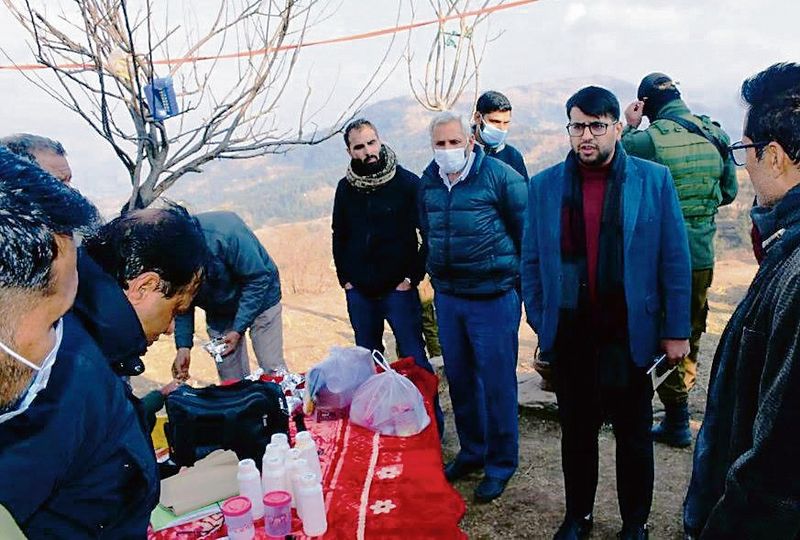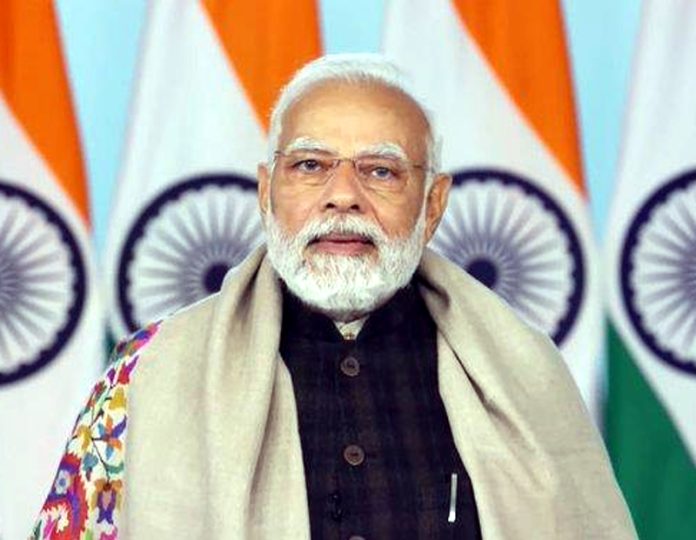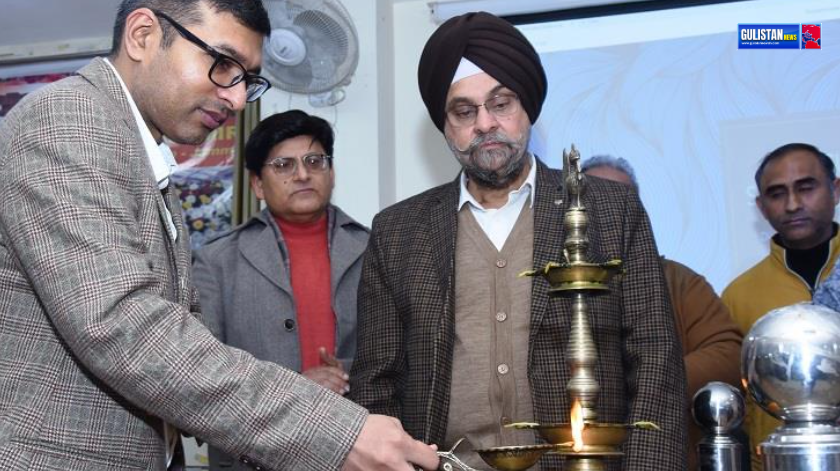Jammu and Kashmir government has embarked upon multi-pronged strategies to increase number of bee colonies through cluster formation, encouraging bee-preneurship and bee-startups besides developing infrastructure for post harvest management, value addition and marketing.
Beekeeping or Apiculture has been one of the age old traditions in Jammu and Kashmir, which is now turning into a lucrative business with governments’ progressive policies and initiatives.
The UT administration, through its Krishi Vigyan Kendras (KVKs) of SKUAST-J and SKUAST-K and Department of Agriculture, is imparting technical skills among the farmers. Besides, beehives are also being provided to the farmers on subsidy basis to promote beekeeping.
Through apiculture development schemes of current dispensation in the Union Territory, beekeepers are processing crude honey in government facilities for free. For standardization, small-time keepers are also being offered the service of honey testing and logo stamping for better returns in the market. These processing units are a one-stop-solution towards reducing the moisture of honey, filter and bottle it.
To increase their earnings manifold, new-age agri-preneurs are making value addition to honey by making products such as soaps, candles, cosmetics, Ayurvedic medicines, etcetera which are in high demand in the Indian market. As a result, consumers have been switching to non-toxic, organic products, free from health hazards, presenting a big opportunity for the youth to start a profitable venture in the sector.
Notably, Jammu and Kashmir government has launched a Rs 46.65 crore `Promotion of Beekeeping’ project to increase the annual honey production to 66100 quintal in the UT.
According to an official spokesperson, the population of bees will be enhanced by 333 percent under the `Promotion of beekeeping’ project which will give a big push to honey production in the region.
The current system of rearing is less productive with no mechanism for quality improvement. So, strengthening and distribution of bee colonies through clusters, Self Help Groups and Farmer Producer Organizations are being focused upon. Besides, 1,43,000 new bee colonies will be set up which will bring the honey production to 66100 quintal.
The official added that advanced two apitherapy centers and GI labs will be established to increase the production of high quality honey. Besides, monitoring and traceability will be done through GI labs and 20 Custom Hiring centers (CHCs) will also be established for extending pollination facilities.
After implementation of the project, Jammu and Kashmir will have a full fledged center of excellence for constancy, capacity building and post-harvest management.
Under the project, the value addition of honey is also being envisioned coupled with efficient growth of bee sector using native honey bees.
“Generation of additional Rs 475 crore income by the sale of by-products has been targeted under the project. The value addition will be possible by harnessing the potential of by-products,” the official informed.
He added that 86 enterprises will be set up in the coming five years under the project. “The potential of apiculture has not been tapped fully in Jammu and Kashmir. So, under this project latest interventions are being brought to produce good quality honey in huge quantity to uplift our beekeepers,” said the official.









